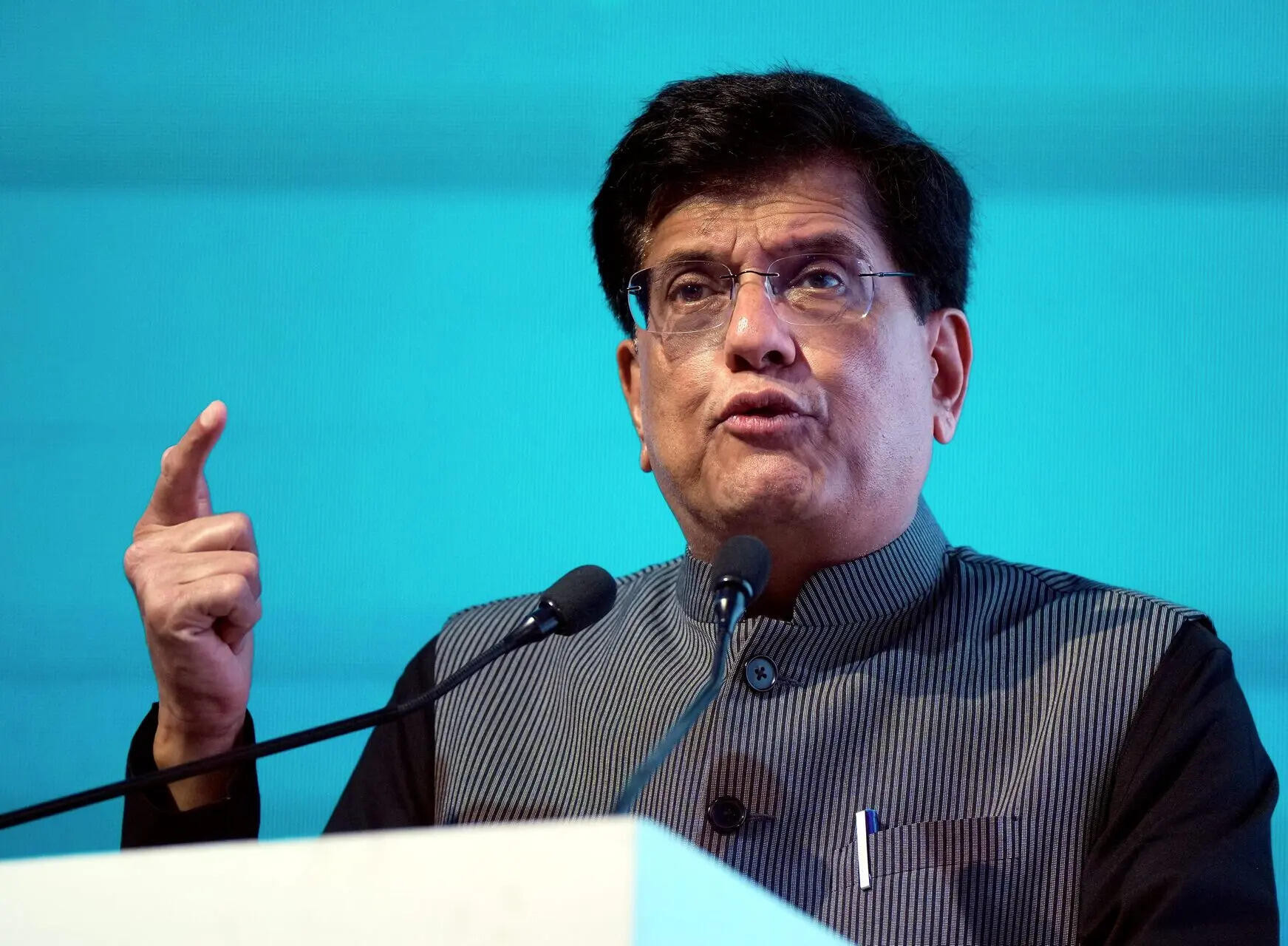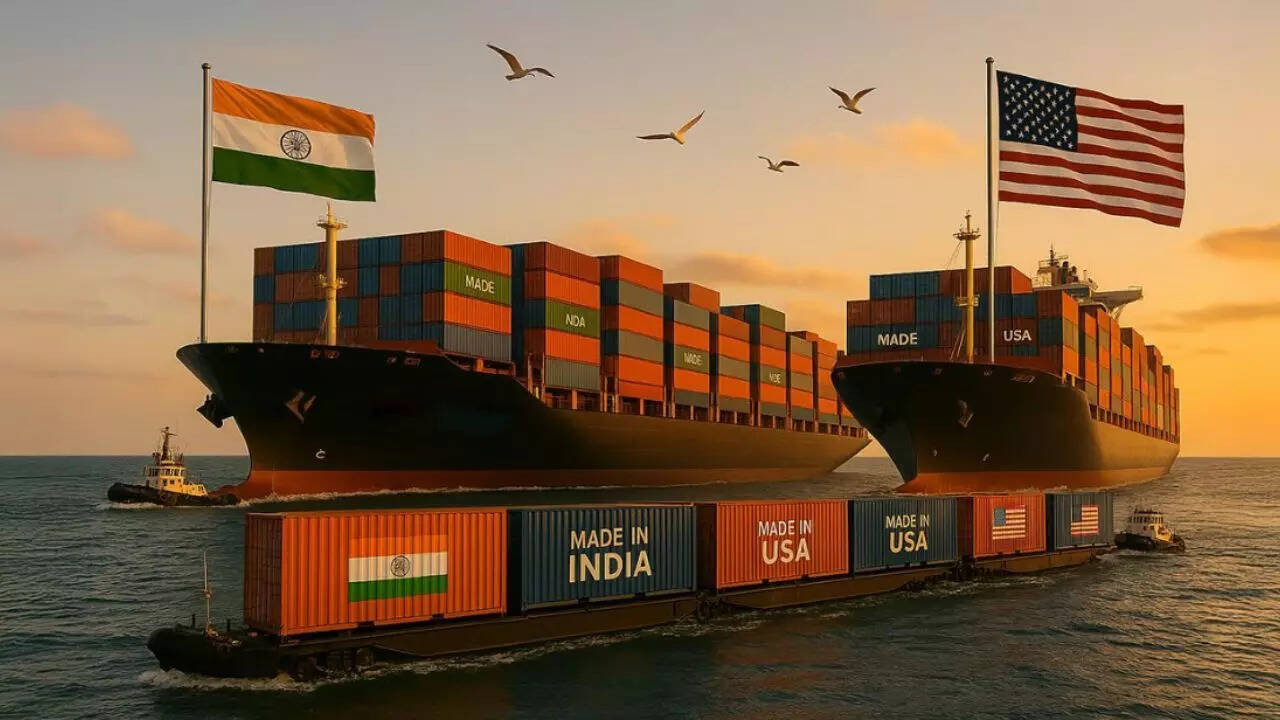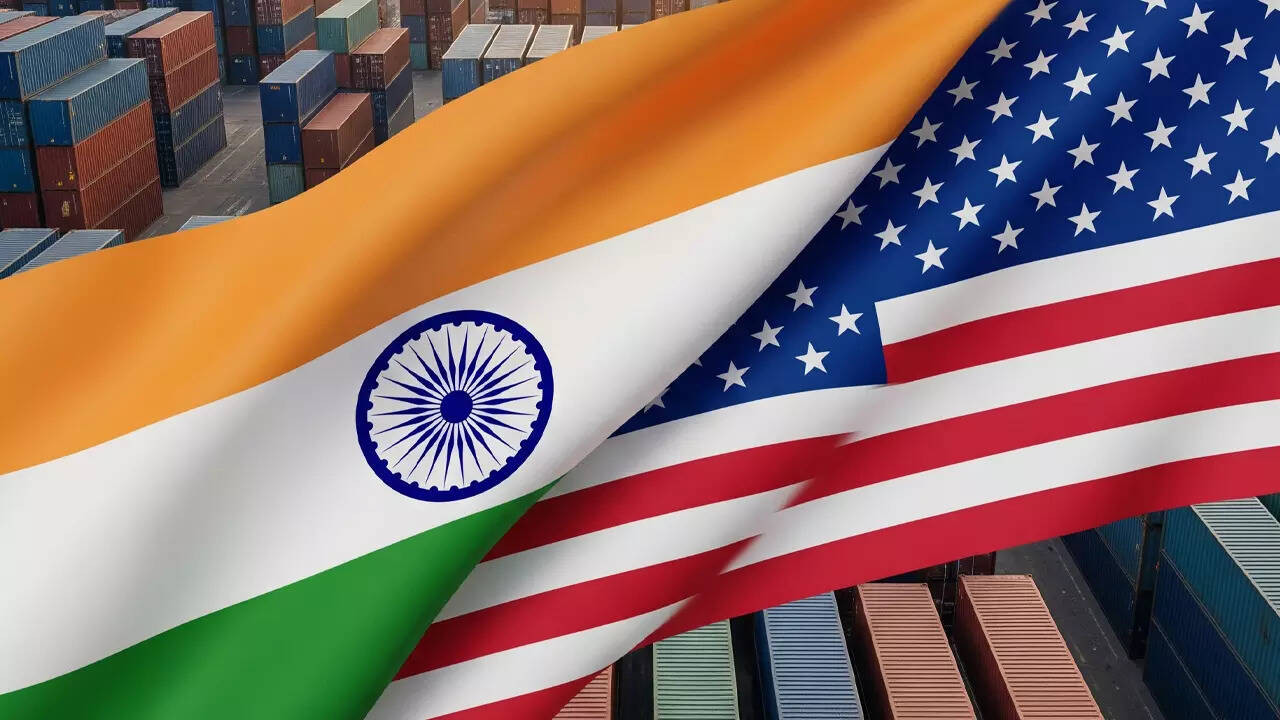Union Minister Piyush Goyal highlighted India’s trade dialogues with complementary economies, emphasizing the win-win nature of the UK-India FTA, particularly regarding insurance concessions and business mobility. Both Goyal and UK Trade Secretary Jonathan Reynolds affirmed the deal’s benefits and the absence of disadvantages for British workers.
Beyond Competition: How India and the UK are Crafting a Trade Tango for the Future
So, the latest buzz from the world of international trade has India and the UK in a close embrace, not in a head-to-head battle for dominance, but a carefully choreographed dance designed for mutual benefit. Forget the aggressive narratives of economic warfare; what’s unfolding feels more like two powerhouses collaborating on a shared symphony.
That’s the gist of what Commerce and Industry Minister Piyush Goyal emphasized recently. He painted a picture of the ongoing India-UK Free Trade Agreement (FTA) negotiations, highlighting a strategy focused on complementing each other’s strengths rather than engaging in a cutthroat contest. This isn’t about one country trying to outmaneuver the other; it’s about finding where they fit together, like pieces of a complex global puzzle.
And honestly, that’s a refreshing perspective. We often hear about trade deals as a zero-sum game – winners and losers. But what if, just what if, we could structure agreements to lift everyone involved? It seems like India and the UK are actively exploring that possibility.
One of the key elements underscoring this collaboration is the anticipated surge in investment, particularly targeting the innovation sector over the next decade. We’re talking massive investments, the kind that can genuinely transform industries and create entirely new opportunities. Think artificial intelligence, biotech, green technologies, and cutting-edge manufacturing. These are the areas ripe for explosive growth, and the India-UK partnership seems poised to be a major catalyst.
Now, why this focus on innovation? Well, for starters, it’s where the future lies. Both countries understand that sustained economic growth isn’t just about churning out more of the same; it’s about embracing new technologies, fostering creativity, and developing the next generation of game-changing products and services.
The UK, with its renowned universities, established research infrastructure, and a vibrant startup ecosystem, brings a wealth of expertise and resources to the table. India, meanwhile, offers a vast and rapidly growing market, a skilled workforce eager to adopt new technologies, and a dynamic entrepreneurial spirit that’s increasingly attracting global attention.
The potential synergy is undeniable. Imagine UK-based research institutions partnering with Indian tech companies to develop sustainable energy solutions tailored to the Indian market. Or picture Indian pharmaceutical companies leveraging UK’s regulatory expertise to accelerate the development and approval of innovative medicines. The possibilities are, frankly, exhilarating.
Of course, negotiating a comprehensive FTA is never a walk in the park. There are undoubtedly sticking points and areas where compromise will be necessary. Sensitive sectors like agriculture and certain manufacturing industries often require careful consideration to protect domestic interests. Navigating these complexities will require skillful diplomacy and a genuine commitment to finding mutually acceptable solutions.
And it’s crucial to remember that the benefits of an FTA don’t materialize overnight. It takes time for businesses to adapt, for trade patterns to shift, and for the overall economic landscape to evolve. But if the foundations are laid correctly, the long-term potential is significant.
Beyond the immediate economic gains, this partnership also has the potential to strengthen the broader strategic relationship between India and the UK. Shared economic interests can foster greater cooperation on other important global issues, such as climate change, cybersecurity, and international security.
What’s particularly interesting about this approach is that it potentially creates a model for future trade agreements. It moves beyond the traditional competitive framework and emphasizes collaboration and mutual benefit. In a world increasingly characterized by geopolitical uncertainty and economic volatility, that kind of cooperative spirit is more valuable than ever.
Ultimately, the success of the India-UK FTA will depend on how effectively both countries can translate their shared vision into concrete actions. It will require strong political will, effective communication, and a willingness to address the concerns of all stakeholders.
But if they can pull it off, the India-UK trade tango could become a showcase for a new era of global economic cooperation, one where partnership trumps competition and innovation drives shared prosperity. And who wouldn’t want to see that dance play out? It certainly sounds like a much more engaging and beneficial rhythm than the traditional economic warfare we are used to.







